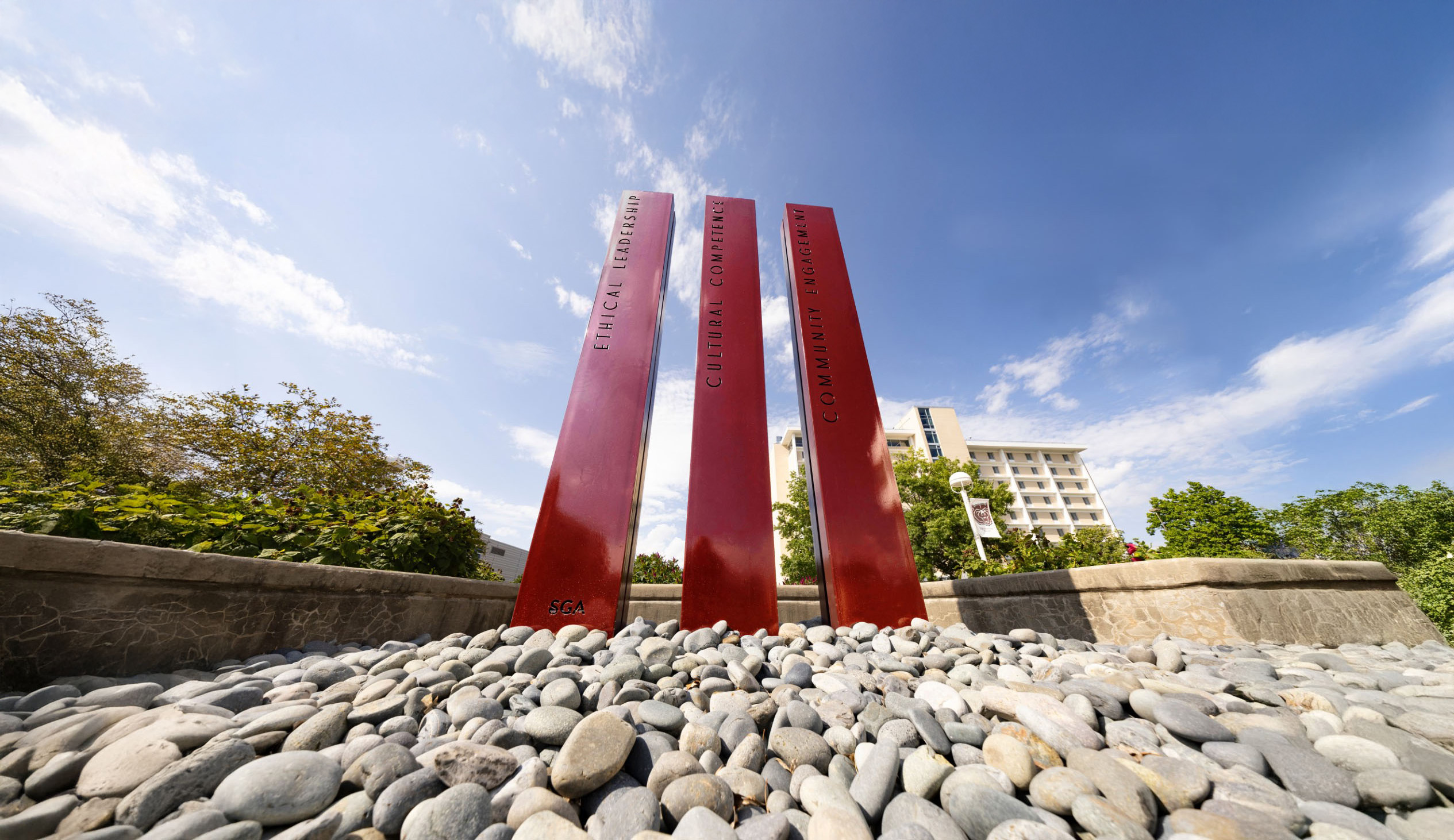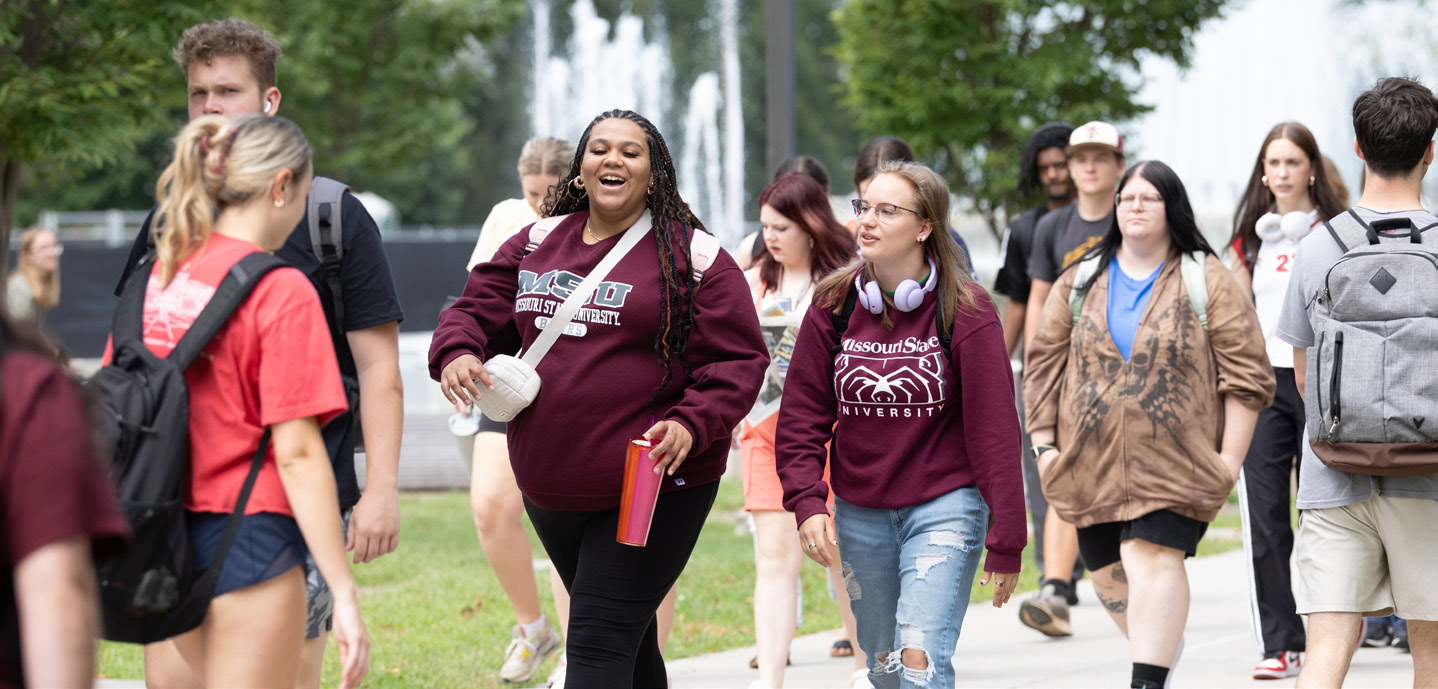The University’s current strategic plan is titled “Igniting Opportunity” and spans 2025-2030. The plan was developed in 2024-2025 with input and feedback from faculty, staff, and students, as well as alumni, friends, community and business leaders, and other stakeholders.
Message from the President
Built on a year of collaboration and a comprehensive SWOT analysis, the plan establishes an ambitious vision for MSU to become the nation’s leading public affairs university, cultivating civic responsibility and driving social and economic opportunity.

Mission
Missouri State University is a community of citizen scholars committed to public affairs. Our innovative teaching, research and service create transformative experiences that benefit individuals and society.
Goals, Outcomes and Strategies
Centered on five key priorities, this roadmap outlines bold yet attainable goals and measurable outcomes to ensure growth, impact and pride for the entire MSU community.





